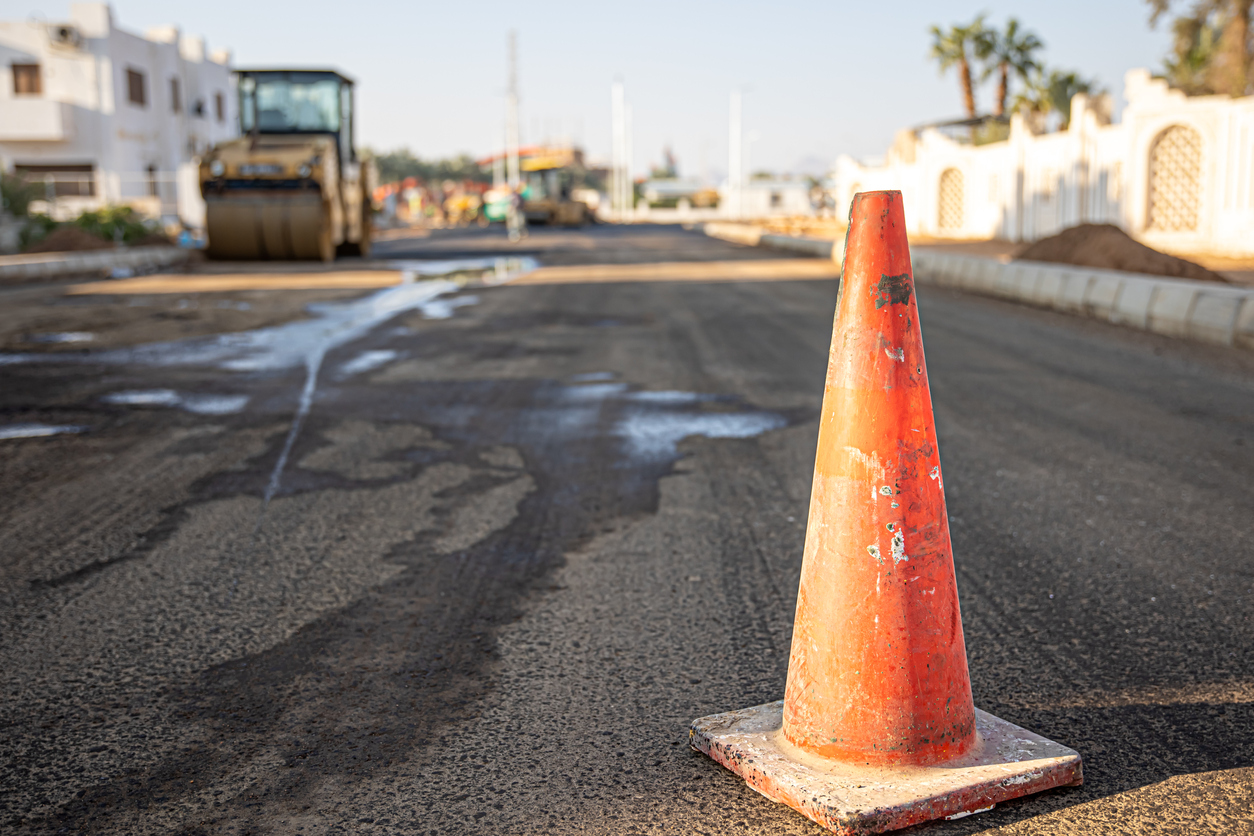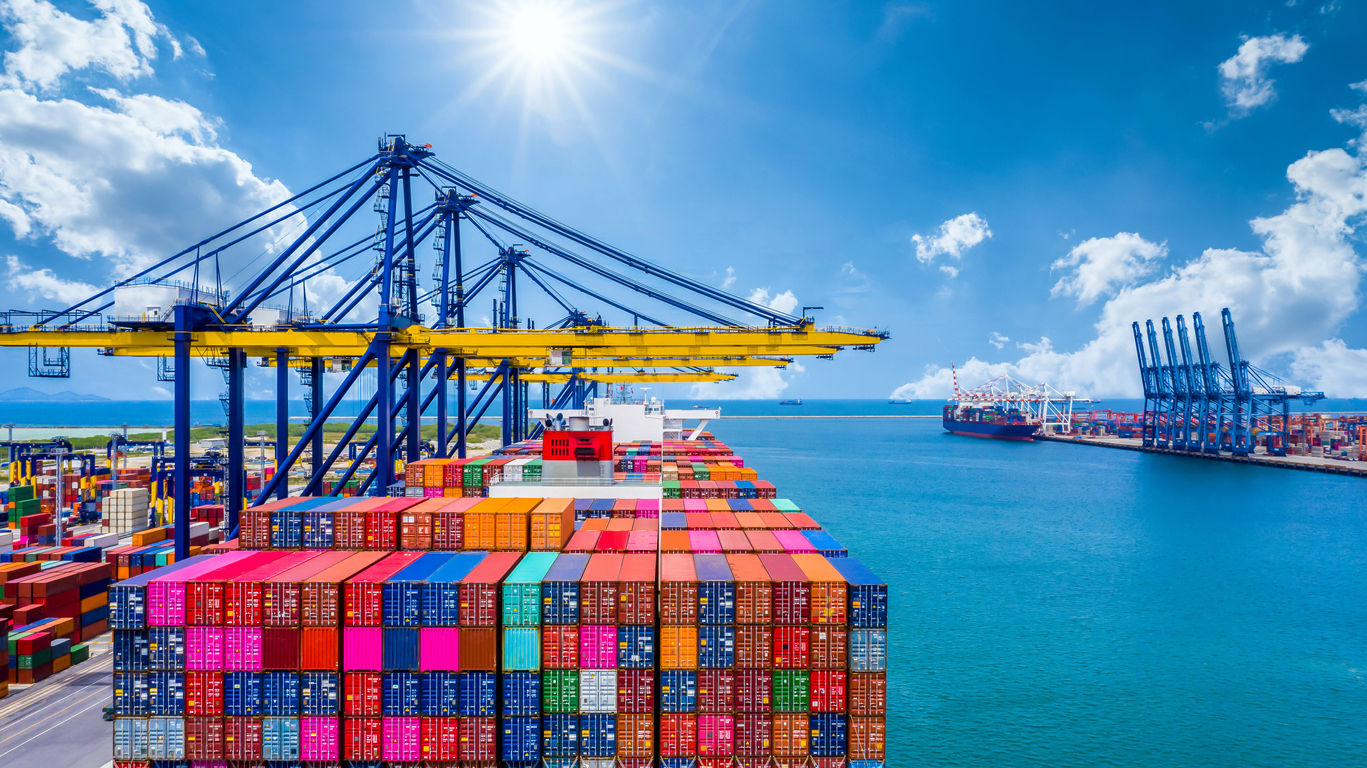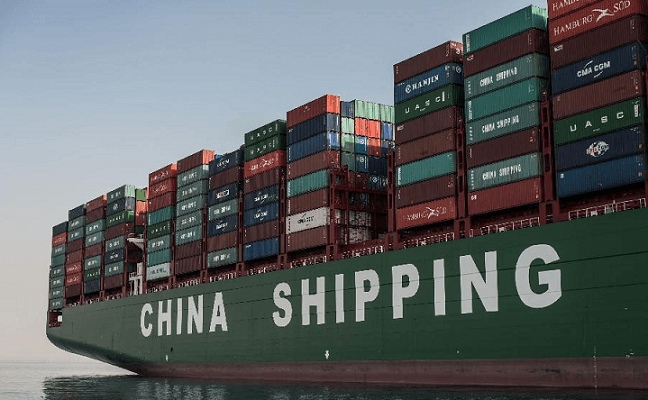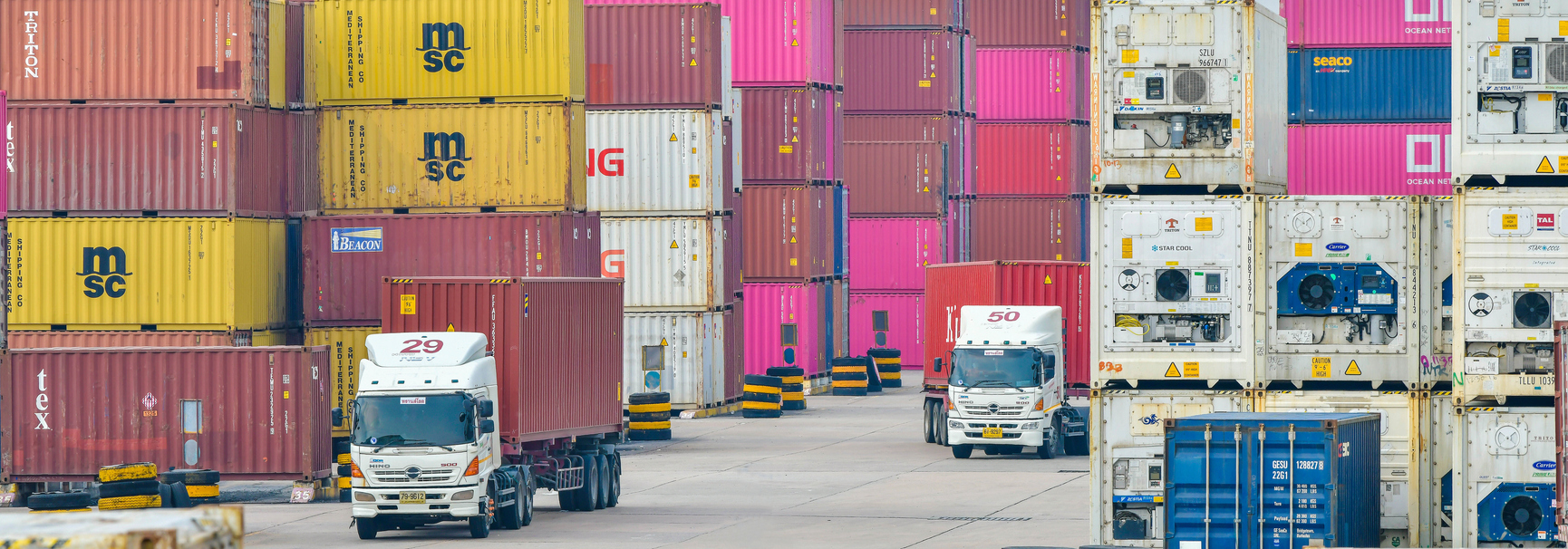Designing the Perfect Road for the Modern Ghanaian: A Guide to Quality Construction
Designing the Perfect Road for the Modern Ghanaian: A Guide to Quality Construction
With the booming construction industry and need for residential homes, coupled with limited space in most cities, comes the desire for developers to build high-rise buildings that meet the growing demand. Taller buildings also require wider roads to accommodate both delivery trucks and emergency services like fire trucks and ambulances. In a country where traffic is already a nightmare, the construction of wider roads is anticipated to alleviate some of the pressure on existing roads. But designing an effective road is more than just increasing its width or adding additional lanes. The design of roads influences everything from urban planning to property values as well as traffic patterns and safety. The right road can also improve efficiency by reducing congestion, wear on infrastructure, fuel usage, CO2 emissions and maintenance costs. To build the best road possible for modern Ghanaians, it’s essential to understand how different characteristics—from geometrics standards to lighting styles—affect its functionality.
Road Geometrics Standards
Geometrics standards are the technical design requirements that are used to ensure safe and effective road construction. These are the fundamental principles used to design pavements and other roadway systems. Geometric standards are used to make sure that roads are designed to accommodate the correct amount of traffic, and that roadways are designed for safe driving conditions. They are also put in place to ensure that roads are designed in a way that minimizes the costs of maintenance and repairs. When designing a road, it’s essential to consider both the width of the pavement and the slope of the road. The pavement width is measured from the outside edge of the pavement to the outside edge of the pavement. The recommended pavement width for a high-volume road is 12 feet. The pavement slope is measured as the distance between the high and low points of the road. Ideal pavement slope for a high-volume road is no greater than 2%.
Lighting Standard
Malaria, a serious public health issue in Ghana, is caused by mosquitoes that breed in standing water. It’s critical to reduce standing water along the sides of roads to prevent mosquitoes from proliferating. To reduce the number of mosquitoes, the lighting standard for road construction in Ghana must include an appropriate level of lighting. This is achieved by installing both high pressure sodium (HPS) and low pressure sodium (LPS) lights that emit ultraviolet light, as well as mercury-vapour lamps. In addition to reducing mosquitoes, proper lighting along roads is crucial for road safety to prevent collisions and fatalities. The International Dark-Sky Association recommends that lighting along roads include a mix of full-cutoff fixtures, shielded fixtures and low-pressure sodium fixtures. Full-cutoff fixtures remove light below the horizontal and are the most effective at preventing light pollution. Shielded fixtures are used to light specific areas and are less effective at preventing light pollution. Low-pressure sodium lamps are the best choice for areas that require minimum light, such as near wildlife.
Road Materials and Specifications
Depending on the usage and functionality of the road, the choice of materials is critical. Road surfaces are usually composed of asphalt, concrete or a combination of both. Both asphalt and concrete come with their own set of benefits and challenges. Asphalt: Asphalt is a flexible, durable and permeable material that’s ideal for high-traffic areas. Asphalt is also cost-effective and easy to repair. But asphalt does have its challenges. It’s not very resistant to freezing temperatures and it’s not as durable as concrete. Concrete: Concrete is a durable and long-lasting material that’s resistant to freezing temperatures and heavy traffic. Concrete is also extremely durable and requires far less maintenance than asphalt. But it’s also the most expensive option.
Road Drainage Systems
As Ghana becomes increasingly more susceptible to flooding and extreme weather, the design of effective drainage systems is critical to road safety. The best road design includes a combination of curb, gutter and swale systems. Curbs are built along the edge of the road to prevent water from flowing onto the road. Gutters are channels within the curb that collect and direct water away from the road and towards the nearest waterway. Swales are wide, shallow depressions in the ground that also direct water towards water ways. When designing roads, engineers should consider the depth of the slopes, the amount of water that flows during heavy rainstorms and the types of soil present. Roadways that receive more than 25mm of rain per hour should be designed with a full swale system. Roadways that receive less water should be designed with a combination of curb and gutter.
Road Colour Schemes and Artworks
While road geometrics standards are the foundation of road design, road colour schemes and artistic designs are the finishing touches that make the road visually appealing. There are several colour schemes that can be used to paint the road, including monochromatic, analogous, complementary, triad and neutral. Monochromatic colour schemes are made up of a single colour ranging from light to dark. Analogous colour schemes blend two colours that are adjacent to each other on the colour wheel. Complementary colour schemes consist of two contrasting colours that are opposite one another on the colour wheel. Triad colour schemes use three colours that are evenly spaced apart on the colour wheel. Neutral colour schemes are made up of two or more colours that are neither warm nor cool.
Conclusion
Road construction is a booming industry in Ghana with new roads being built almost every day. With the booming construction industry comes the desire for developers to build high-rise buildings that meet the growing demand. This is great news for the future of Ghana. With the right road design, these roads can be used to create walkable and liveable communities. They can also reduce congestion, wear on infrastructure, fuel usage and CO2 emissions, and maintenance costs. Designing the perfect road for the modern Ghanaian is more than just increasing its width or adding additional lanes. The design of roads influences everything from urban planning to property values as well as traffic patterns and safety.








LEAVE A COMMENT
You must be logged in to post a comment.